Trump Allegedly Plans to Rename Persian Gulf to ‘Arabian Gulf’ Ahead of Middle East Trip
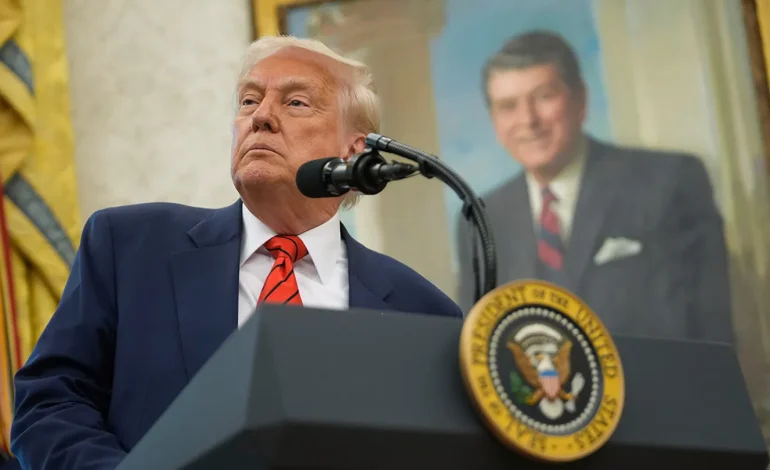
President Donald Trump is reportedly preparing to rename the Persian Gulf to the “Arabian Gulf” ahead of his upcoming diplomatic trip to the Middle East, according to a report from The Associated Press citing two unnamed US officials.
The move is already drawing sharp criticism from Iranian officials, who view any renaming effort as politically motivated and historically inaccurate. Iran’s Foreign Minister Seyed Abbas Araghchi issued a strong rebuke on social media, calling the reported decision “an affront to all Iranians” and indicative of “hostile intent.”
“The name Persian Gulf is deeply rooted in human history and recognized by all cartographers and international bodies,” Araghchi wrote on X.
He emphasized that while Iran respects regional naming conventions for other bodies of water such as the Arabian Sea or the Sea of Oman, altering the Persian Gulf’s name would be “legally and geographically invalid.”
President Trump is set to visit Saudi Arabia, Qatar, and the United Arab Emirates—nations located along the gulf’s southern shore—in the coming days. The White House has not officially commented on the reported renaming.
The reported change comes amid sensitive diplomatic efforts. US and Iranian officials are expected to hold a fourth round of nuclear negotiations in Oman later this week. Vice President J.D. Vance stated on Wednesday that the administration is pursuing a “complete cessation” of Iran’s nuclear program.
The issue of the gulf’s name has long been a point of contention. While “Persian Gulf” is the name recognized by most international organizations and used in Western cartography since the 16th century, some Arab nations refer to it as the “Arabian Gulf.” The US military has occasionally used the latter term in communications, although US government agencies have generally stuck to the internationally accepted designation.
This isn’t the first time President Trump has stirred controversy over geographic naming conventions. Earlier this year, he faced criticism after reportedly renaming the Gulf of Mexico to the “Gulf of America,” a move that also drew backlash and accusations of politicizing cartography.
In 2012, Iran threatened to take legal action against Google after the tech company omitted the label “Persian Gulf” on its online maps. Today, Google Maps in the US lists both “Persian Gulf” and “Arabian Gulf” in parentheses, while Apple Maps only shows the former.
Trump teased a “very, very big announcement” before departing for his Middle East visit, though it is unclear whether the reported name change is part of that reveal. Canadian Prime Minister Mark Carney, who met with Trump earlier this week, remarked that he was “on the edge of [his] seat” awaiting the announcement.
The controversy also recalls an earlier diplomatic spat in 2017, during Trump’s first term, when he publicly referred to the waterway as the “Arabian Gulf.” At the time, Iran’s then-president Hassan Rouhani and Foreign Minister Mohammad Javad Zarif both condemned the terminology, with Zarif quipping that Trump’s “friendship was for sale to the highest bidder”—and now, apparently, so was “his geography.”
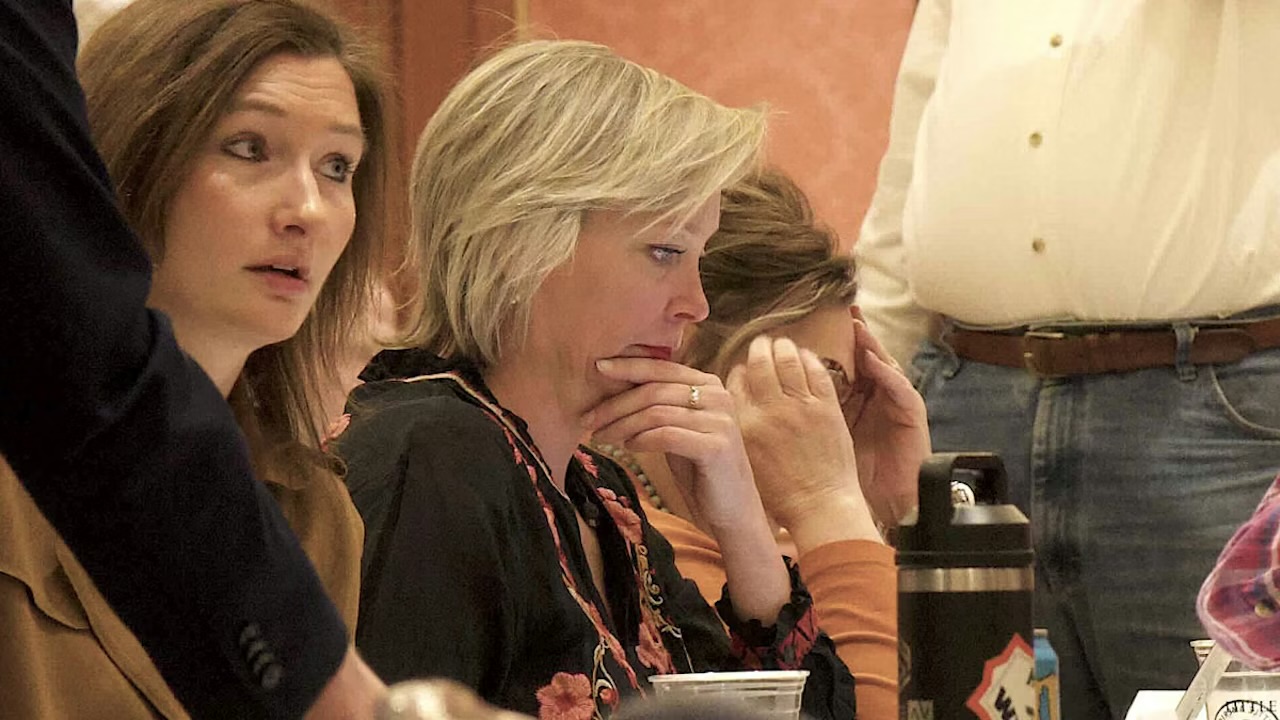
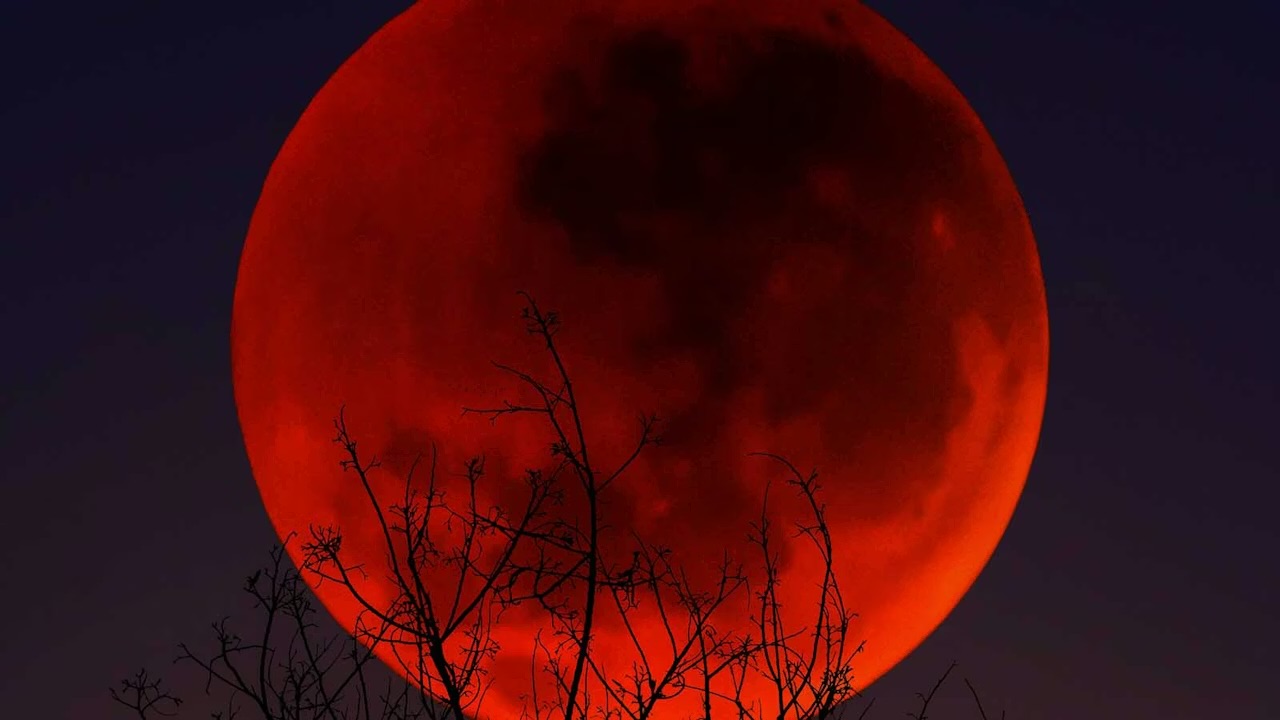

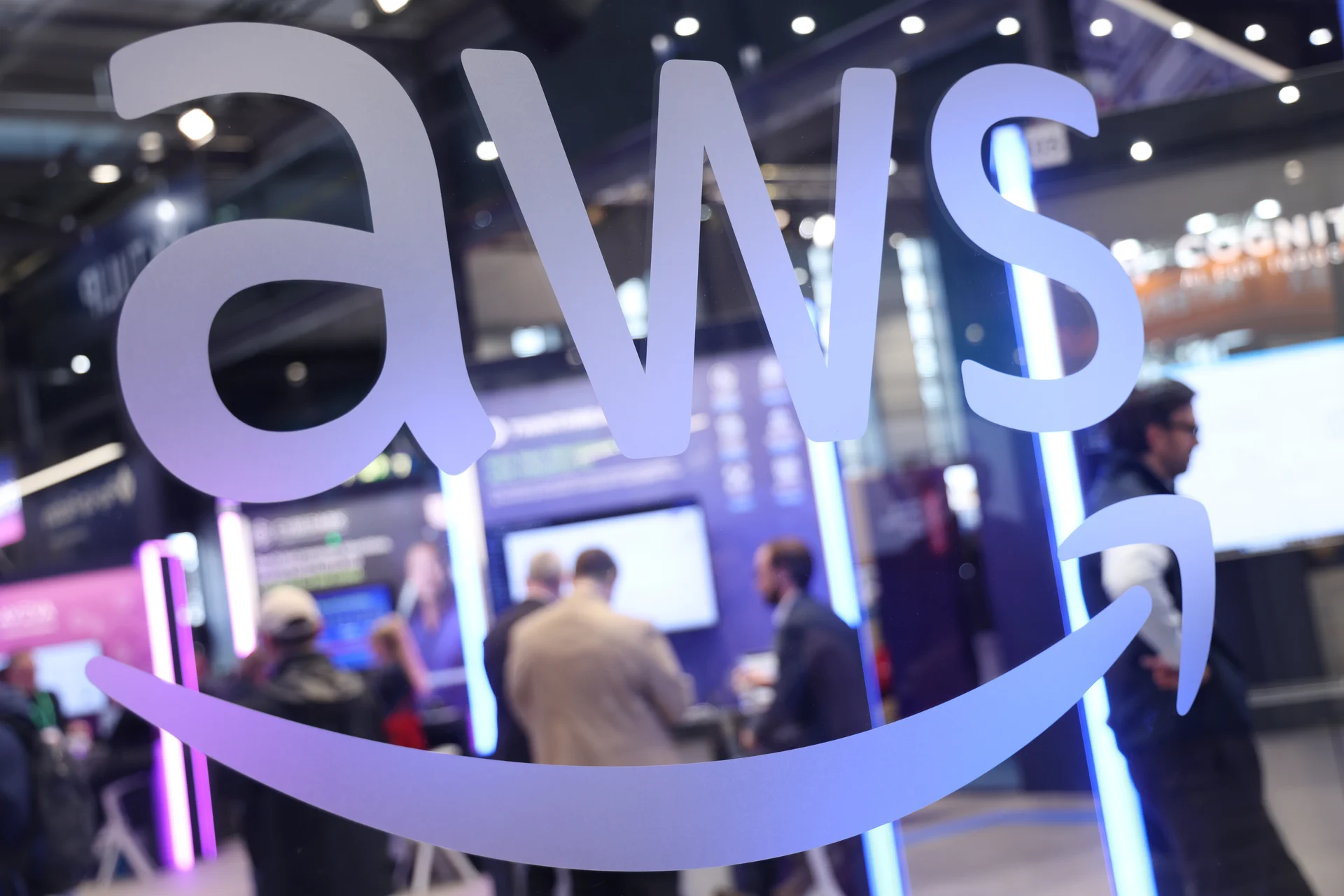
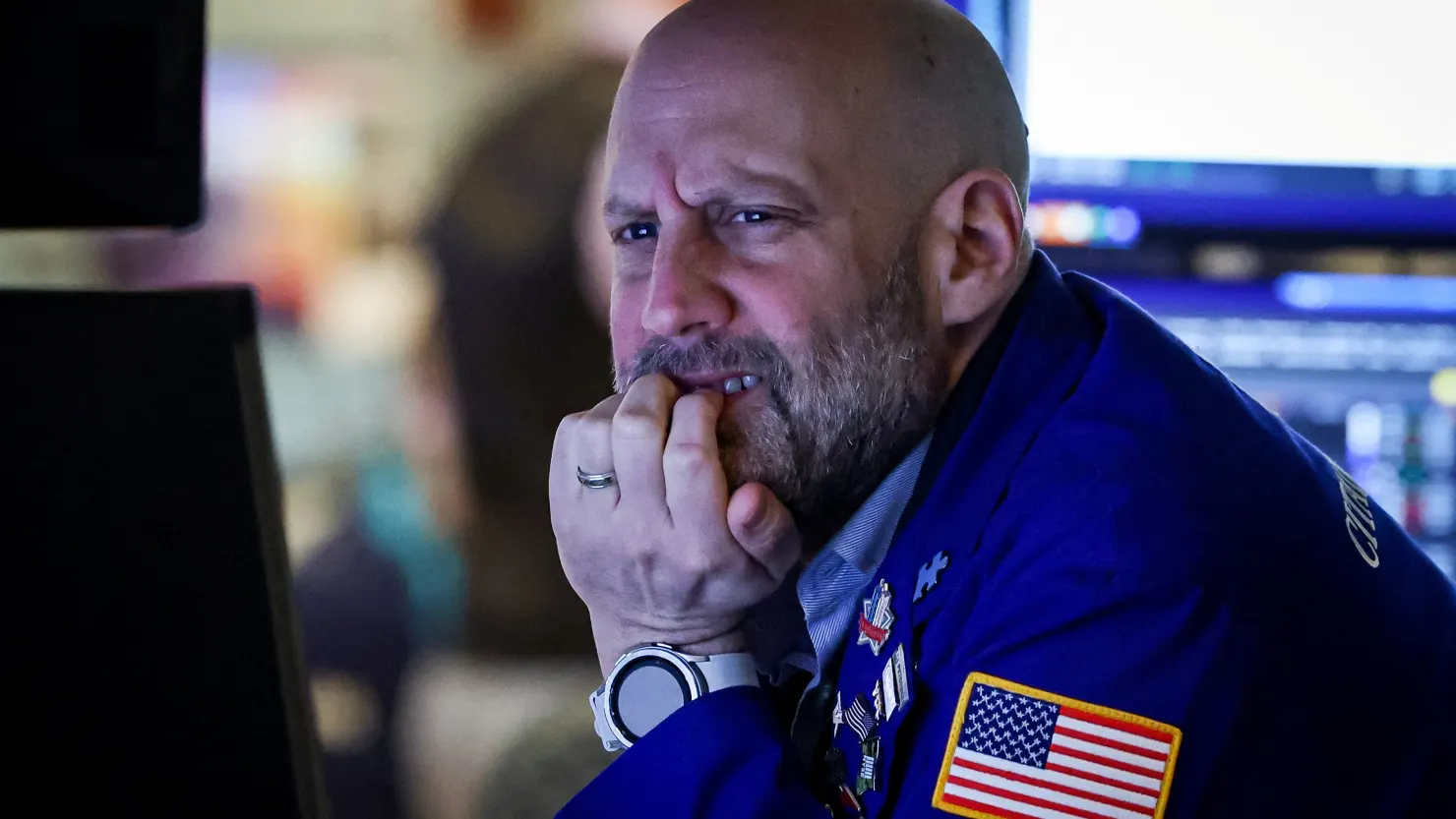




The latest news in your social feeds
Subscribe to our social media platforms to stay tuned